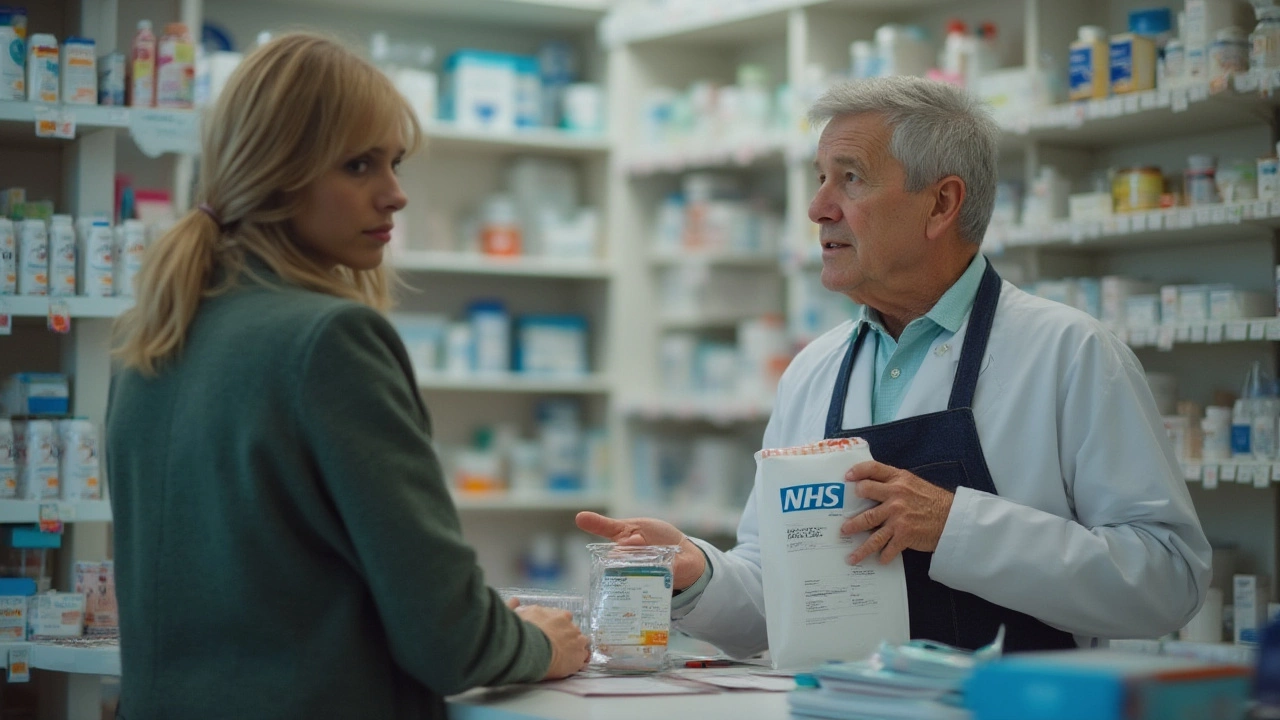Unpaid Prescriptions: What You Need to Know
Ever gotten a prescription and then hesitated at the pharmacy because the price seemed too high? You’re not alone. Unpaid prescriptions are a common hassle that can affect anyone, from students on a tight budget to seniors on multiple meds. In this guide we’ll break down why prescriptions go unpaid, what it means for your health, and simple ways to keep your meds affordable.
Why Do Prescriptions Stay Unpaid?
There are a few everyday reasons bills pile up. First, the cost of the drug itself might be higher than expected. Some brands charge more than the generic version, and not everyone knows there’s a cheaper alternative. Second, insurance gaps can leave you footing the whole bill. If a medication isn’t on your plan’s list or you’ve hit a yearly limit, you’ll get a surprise charge.
Third, paperwork mistakes happen. A missing prescription number or a typo can delay the claim, and the pharmacy may ask you to pay up front while they sort it out. Finally, many people simply forget to pay before the deadline, especially when they’re juggling multiple prescriptions.
What Happens When a Prescription Is Unpaid?
Skipping a payment can feel harmless, but it can snowball. Pharmacies might stop refilling the medication until the balance is cleared, leaving you without essential treatment. In the UK, unpaid NHS prescriptions can lead to a reminder notice and, if ignored, a small fine. In the US, unpaid bills may be sent to collections, which can hurt your credit score.
Beyond the financial side, missing doses can worsen a condition, cause hospital visits, and increase overall health costs. That’s why it’s smart to tackle the problem early.
Practical Steps to Avoid or Fix Unpaid Prescriptions
1. Check for Generics First. Ask your pharmacist if a generic version exists. It’s usually the same medicine at a fraction of the price.
2. Use NHS Prescription Prepayment Schemes. If you’re in the UK, the pre‑payment certificate can save you up to £500 a year if you need multiple prescriptions.
3. Talk to Your Doctor About Alternatives. If a drug is expensive, a doctor might prescribe a different treatment that works just as well.
4. Review Your Insurance. Look at your policy’s formulary list. If a drug isn’t covered, ask the insurer about an exception or a step‑therapy option.
5. Set Up Payment Reminders. A quick calendar alert can stop a bill from slipping through the cracks.
6. Seek Help from Charities. Organizations like the Patient Access Network or local pharmacies often have discount cards for low‑income patients.
If you already have unpaid prescriptions, start by contacting the pharmacy. Explain the situation and ask for a payment plan or a discount. Many pharmacies are willing to work with you, especially if you show genuine intent to pay.
In short, unpaid prescriptions are usually a mix of cost surprises, insurance gaps, and simple forgetfulness. By staying informed about cheaper alternatives, using NHS schemes, and keeping an eye on your bills, you can keep your meds flowing without breaking the bank.
Prescription Payment Problems: What Actually Happens If You Don’t Pay?
Learn what really happens if you don't pay for a prescription. From denied refills to collection risks, find facts, tips, and real consequences—written simply and clearly.

